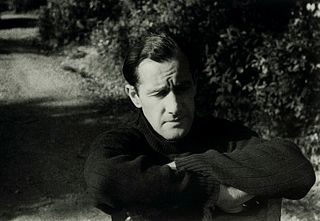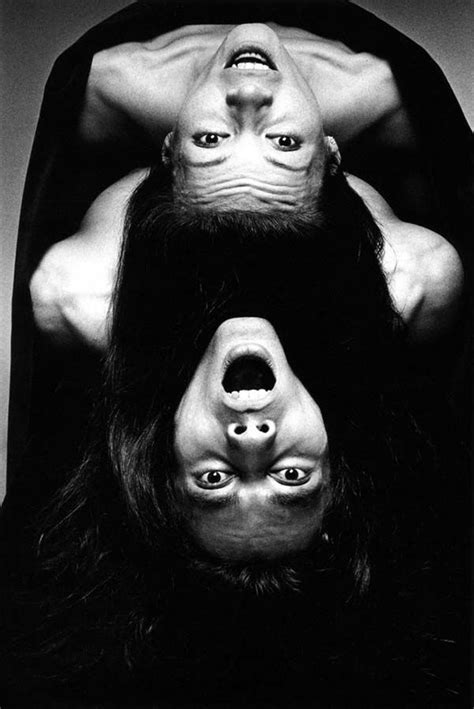A Quote by Leonard Cohen
I feel that this is a vocabulary that I grew up with. This biblical landscape is very familiar to me, and it's natural that I use those landmarks as references. Once they were universal references and everybody understood and knew them and located them. That's no longer the case today, but it is still my landscape.
Related Quotes
The pleasure a man gets from a landscape would [not] last long if he were convinced a priori that the forms and colors he sees are just forms and colors, that all structures in which they play a role are purely subjective and have no relation whatsoever to any meaningful order or totality, that they simply and necessarily express nothing....No walk through the landscape is necessary any longer; and thus the very concept of landscape as experienced by a pedestrian becomes meaningless and arbitrary. Landscape deteriorates altogether into landscaping.
I remember I grew up in Pasadena in a very, kind of, homogeneous, kind of, suburban existence and then I went to college at Wesleyan University in Connecticut. And there were all these, kind of, hipster New York kids who were so-called 'cultured' and had so much, you know, like knew all the references and, like, already had their look down.
All aspects of photography interest me and I feel for the female body the same curiosity and the same love as for a landscape, a face or anything else which interests me. In any case, the nude is a form of landscape. There are no reasons for my photographs, nor any rules; all depends on the mood of the moment, on the mood of the model.
Scholars have found that references to Christ in Josephus were deliberately planted in the translation long after it was written, and the Latin references to Christ are not to a person of that name. In the Dead Sea Scrolls there was mention of a particular "teacher of righteousness" who had characteristics somewhat like those attributed to Christ, but it might easily have been someone else.
If, on the other hand, conservationists are willing to insist on having the best food, produced in the best way, as close to their homes as possible, and if they are willing to learn to judge the quality of food and food production, then they are going to give economic support to an entirely different kind of land use in an entirely different landscape. This landscape will have a higher ratio of caretakers to acres, of care to use. It will be at once more domestic and more wild than the industrial landscape.
Landscapes can be deceptive. Sometimes a landscape seems to be less a setting for the life of its inhabitants than a curtain behind which their struggles, achievements and accidents takes place. For those who are behind the curtain, landmarks are no longer only geographic but also biographical and personal







































